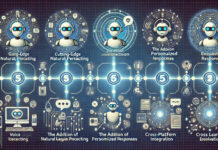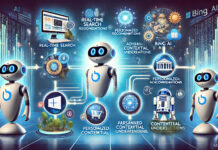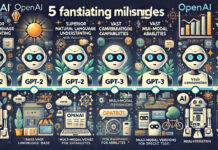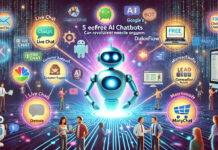Table of Contents
Introduction
Artificial Intelligence (AI) is no longer just a buzzword; it’s a transformative force reshaping industries across the globe. For those interested in AI development, the idea of getting started can be daunting. However, with the right AI development tools and resources, beginners can easily navigate their way into this exciting field. This article explores key tools and resources that will set you on the path to becoming proficient in AI.
1. Understanding the Basics
Before you start coding, it’s crucial to grasp foundational AI concepts. Understanding the basics of AI is the first step in your development journey. Platforms like Coursera, edX, and Udacity offer beginner-friendly courses on AI fundamentals, machine learning, and deep learning. These courses, often taught by experts from top universities like Stanford and companies like Google, provide a solid foundation. Gaining this foundational knowledge will make the hands-on development process smoother and more intuitive.
2. Key Tools for AI Development
Once you have a basic understanding, it’s time to get familiar with the essential tools of AI development. Here are some of the most beginner-friendly tools to get you started:
Python: Python is the go-to language for AI development due to its simplicity and readability. It has a robust ecosystem with a vast array of libraries and frameworks that simplify the development process.
Jupyter Notebooks: Jupyter Notebooks is an invaluable tool for coding in Python. It allows developers to create and share documents that contain live code, equations, visualizations, and narrative text, making it perfect for learning and experimenting.
TensorFlow and PyTorch: These open-source libraries are the powerhouses behind machine learning and deep learning. TensorFlow and PyTorch offer comprehensive tools for building and training models, with extensive documentation and tutorials that are perfect for beginners.
Scikit-learn: Scikit-learn is another excellent library for beginners. It provides simple and efficient tools for data mining and data analysis and integrates seamlessly with other Python libraries.
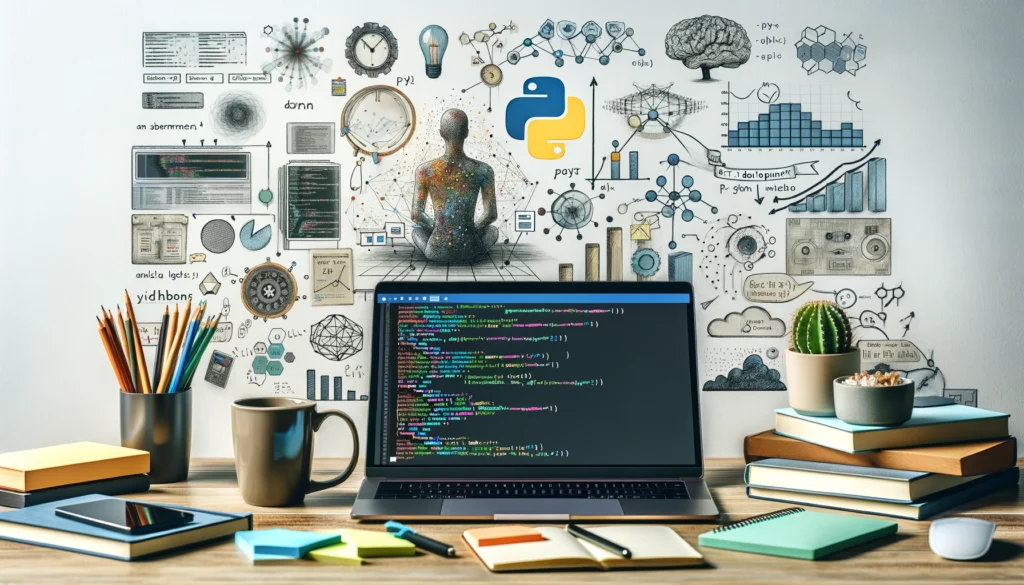
3. Practice with Projects
Practical experience is crucial in AI development. Once you’ve learned the basics and familiarized yourself with the tools, it’s time to apply your knowledge. Start with small projects to build confidence and gain practical skills. Platforms like Kaggle offer competitions and datasets that are perfect for practice. Additionally, GitHub hosts a vast array of project examples and libraries, providing inspiration and practical resources to guide your learning.
4. Join the AI Community
Engaging with the AI community can significantly accelerate your learning journey. Join forums like Stack Overflow, attend AI conferences, and participate in local or online AI groups. These communities are rich with experienced developers eager to share insights and support newcomers. Networking within these groups not only helps you solve problems faster but also keeps you informed about the latest trends and best practices in AI.

5. Ethical Considerations
As you venture into AI development, it’s essential to understand the ethical implications of the technology. AI in business and other sectors raises significant ethical questions, including data privacy, bias in algorithms, and the broader societal impact of AI technologies. Learning about ethical AI practices is crucial for any developer. Resources like the AI Now Institute and online courses focused on ethical AI offer valuable guidance on approaching AI development responsibly.
Conclusion
Starting in AI development is an exciting and rewarding journey. By leveraging the right tools and resources, continuously learning, and engaging with the community, beginners can effectively navigate the complex field of AI. As AI continues to evolve, so too will the resources and tools available, ensuring that newcomers have what they need to succeed and innovate.
For more insights on AI development and its applications across various sectors, explore our series on AI Tutorials and Guides
FAQ Section
1. What programming language should I learn first for AI development?
Python is the most recommended programming language due to its simplicity, readability, and extensive libraries tailored for AI.
2. How can I practice AI development?
Platforms like Kaggle offer competitions and datasets for practical experience. GitHub also hosts numerous projects that you can study and contribute to.
3. Is it essential to understand ethics in AI?
Yes, understanding ethical considerations is crucial as AI technology can have significant societal impacts. Developers need to be aware of issues like data privacy and algorithmic bias.
.
